Writer Ian McEwan appears to be on a bit of a mission. The Children Actis the second of his novels to be adapted for the screen this year (On Chesil Beach was the other one) and in both cases he has carried out the adapting himself. He has a knack for it too. His stories delve too deep into the mental processes of key characters to make screen-writing simple, but in both films he provides enough clues to suggest why these individuals behave as they do. Of course it helps to have an accomplished actress filling the lead role – and in this case it’s Emma Thompson doing the heavy lifting.
Her character, Fiona Maye, is a High Court judge who makes rulings on ethically convoluted and emotionally charged situations involving children. The demands of the job are fierce, taking a grim toll on her marriage to Jack (Stanley Tucci). Their relationship hits crisis point in the form of a startling ultimatum from the husband, just as Fiona is about to preside over a characteristically fraught courtroom drama. The case involves Adam Henry, a dangerously ill teenage lad, who along with his Jehovah’s Witness parents is refusing the blood transfusion that might save his life on grounds of religious faith. With the boy some months shy of his eighteenth birthday, the final decision falls to the judge. This confluence of events has repercussions in Fiona’s life that she could never have foreseen.
One of the things that The Children Act does best is to balance points of view along with audience sympathies. There’s no one person wholly to blame for the Mayes’ marriage woes; even with Jack’s radical statement of intent, it’s difficult to take one partner’s side over the other. Likewise the frustration of the medical professionals wanting to treat Adam may be tangible, but the parents’ religious convictions (sympathetically expressed by Ben Chaplin as the dad) are allowed to make sense in their own terms. Even in the unexpected developments of the film’s final act, the motivations behind certain questionable actions are fuelled by an undeniable kind of logic. At all points this is a story of conflicting ideas, impulses and duties.
At the heart of it all is Thompson’s superb performance, arguably the high-point of her career to date. She balances tough-mindedness with empathy, exhibiting hints of vulnerability that become more pronounced as the story progresses. It’s the best kind of acting – the type that suggests far more emotion than is openly expressed, feelings that lurk under the surface even in Fiona’s most professionally reserved moments. Tucci radiates a complimentary sense of depth in his supporting role, while Fionn Whitehead (the closest thing to a protagonist in Dunkirk) is a genuine revelation. As young Adam he is innocent and impassioned, naive yet wise beyond his years. His scenes with Thompson have a strange emotional charge to them that intensifies to a near-extraordinary level.
The Children Act is classic McEwan storytelling – polished and undeniably middle-class-professional, but full of deep-seated and believable angst. There’s raw emotion in the movie’s gut, however intellectual its spine. There’s also an irrefutable logic to the direction in which the story goes, and yet you’ll be hard-pushed to guess exactly where that will be. All you can do is watch and hope, as these very real and fallible humans struggle with the unexpected twists in their lives. There are no good guys and bad guys here, just tough situations where the head ends up battling with the heart. And that makes for one powerful viewing experience.
Gut Reaction: Absorbed from the start, and riveted every time Emma and Fionn shared the screen. Oh, and genuinely concerned about where it was all going.
Where Are the Women?: Aside from Thompson’s cerebral but empathetic main character, Nikki Amuku-Bird is very good as the Henry family solicitor.
Ed’s Verdict: 8/10. The Children Act is the kind of intelligent and emotionally complex drama we simply don’t see enough of on the big screen. Terrific stuff.
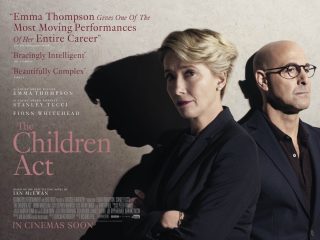




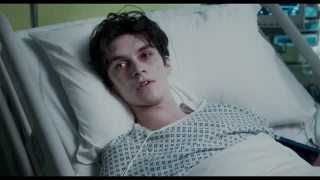







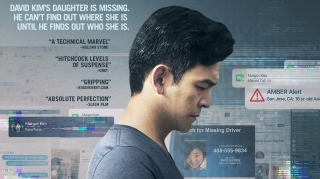





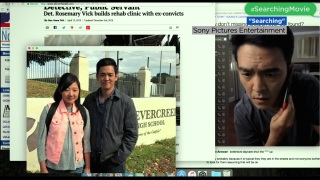


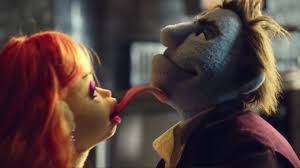
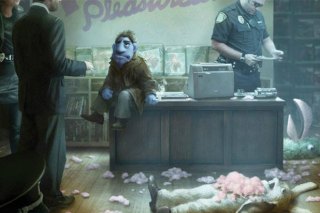












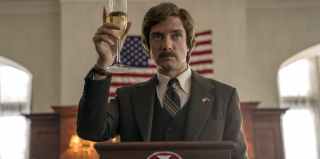











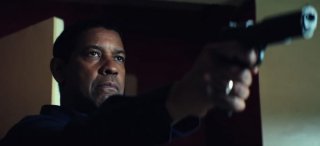







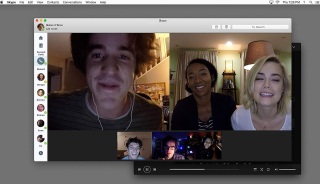


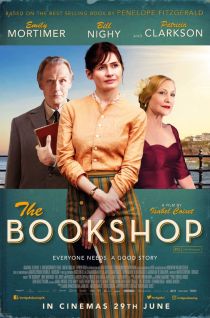
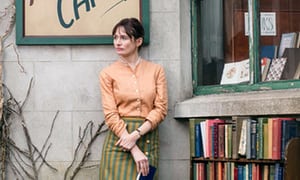


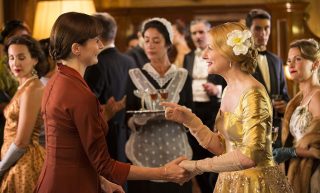

Recent Comments